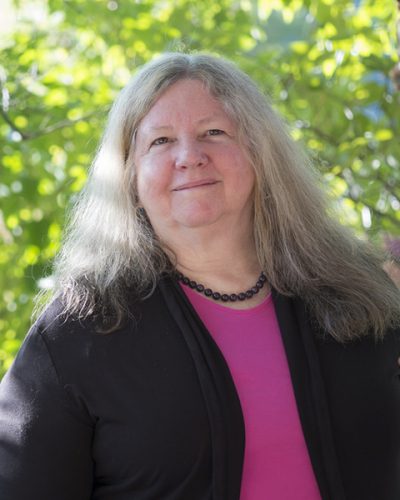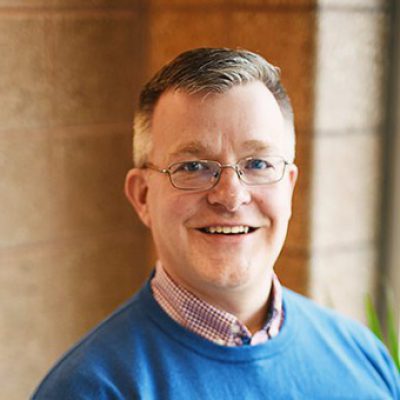The Michigan State University College of Veterinary Medicine received the largest single gift in its history: $12.6 million from the estate of the late alumnus Albert C. Dehn. The gift funds two endowed chairs in the Departments of Large Animal Clinical Sciences and the Pathobiology and Diagnostic Investigations, with a plan that the gift could eventually support four endowed positions.
Both departments are nationally and internationally recognized as a source of groundbreaking research. From identifying the effects of bacteria in autoimmune disorders, to investigating the implications of antimicrobial resistance and protecting the food chain, to understanding airway cell damage and repair in connection with the effects of airborne pollution, these departments are leaders in advancing better health for animals and humans.

Dr. Linda Mansfield, university distinguished professor for the Departments of Large Animal Clinical Sciences and Microbiology, Genetics, & Immunology, formerly led the MSU Enterics Research Investigational Network (ERIN). She has received more than 25 honors and awards for her work as a scientist and educator. Mansfield’s vision is to engage faculty across the Department, College, and University by creating dynamic interdisciplinary teams to solve complex health problems at the interphase of animal and human health.
Mansfield’s research interests focus on the study of enteric pathogens that cause gastrointestinal disease. She studies the foodborne bacterium Campylobacter jejuni; she has produced a diagnostic test and demonstrated that this infection can lead to autoimmune diseases including inflammatory bowel disease (IBD) and Guillain Barré Syndrome (GBS). Both are rising in incidence and GBS is the number one cause of paralysis, now that polio has been controlled. Her work identifying virulence genes and evolution of Campylobacter in the host during infection has led to better understanding of how this pathogen triggers acute and chronic disease. Based on this, her current work is focused on discovery of therapeutics or preventatives that could be applied in animals and humans.
After she earned her MS in virology from the University of Delaware, Mansfield went on to earn her VMD and PhD in parasitology and immunology from the University of Pennsylvania. She then became a postdoctoral fellow for the Agricultural Research Service with the United States Department of Agriculture. Her most notable contributions to science include determining the lifecycle of Sarcocystis neurona; illustrating the pathogenesis of C. jejuni, its immunity in porcine (pig) and murine (mouse) models, and its evolution in a natural host; determining antibiotic-resistant C. jejuni in animal populations and the environment; illustrating the pathogenesis of GBS; and defining the role of the early infant microbiome in mediating allergic outcomes.

Dr. James Luyendyk, university distinguished professor for the Department of Pathobiology and Diagnostic Investigation, directs the Luyendyk Laboratory, which researches the intersection of blood coagulation and liver toxicity and disease. Specifically, his team focuses on mechanisms of hepatotoxicity and liver repair/regeneration, with an emphasis on how components of the blood clotting system participate in acute liver injury and chronic liver disease. He has nearly 120 peer-reviewed publications, has co-edited the Hepatic Toxicology volume of Comprehensive Toxicology, and co-authored the liver chapter in Casarett and Doull's Toxicology (8th edition).
Luyendyk earned his Bachelor of Science in biochemistry from Colorado State University and completed his PhD in pharmacology and Toxicology at MSU.
Luyendyk is a Fellow of the Academy of Toxicological Sciences and is a recipient of numerous awards from the Society of Toxicology, including the Achievement Award. He has served on numerous NIH Study Sections, including as standing member and Chairperson of XNDA. Luyendyk holds diverse leadership roles in multiple professional societies, including as co-chair of the ISTH SSC on hemostatic management of patients with liver diseases, member of the AASLD hepatotoxicity special interest group steering committee, and as secretary and council member of the Society of Toxicology.
